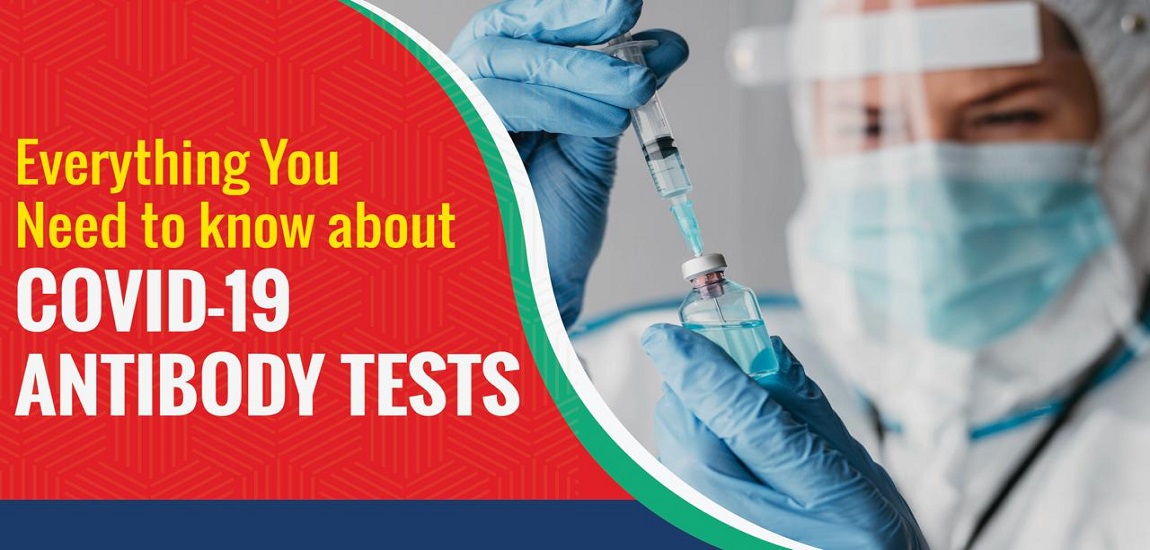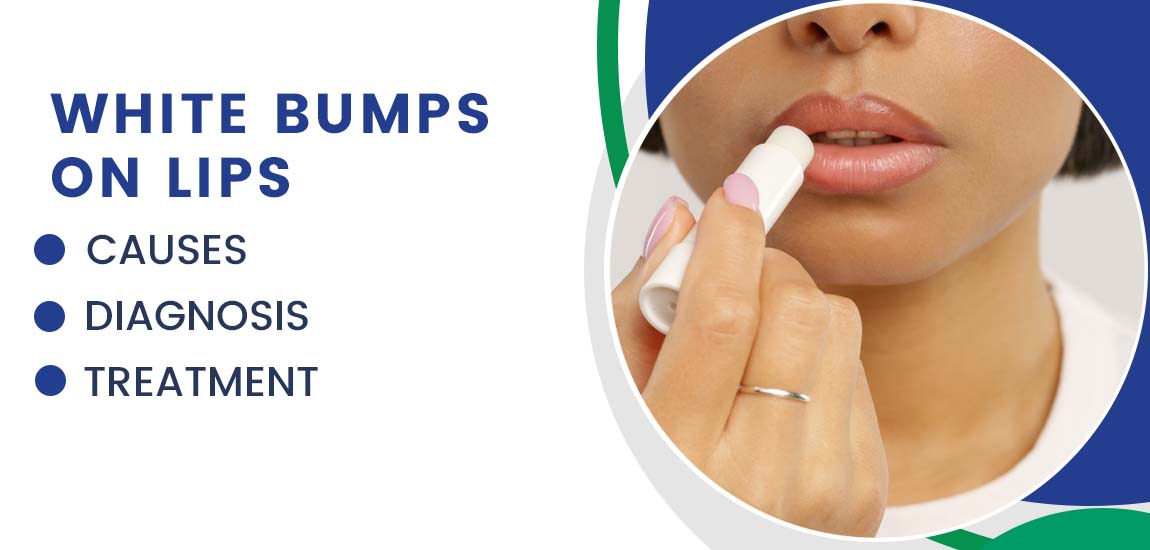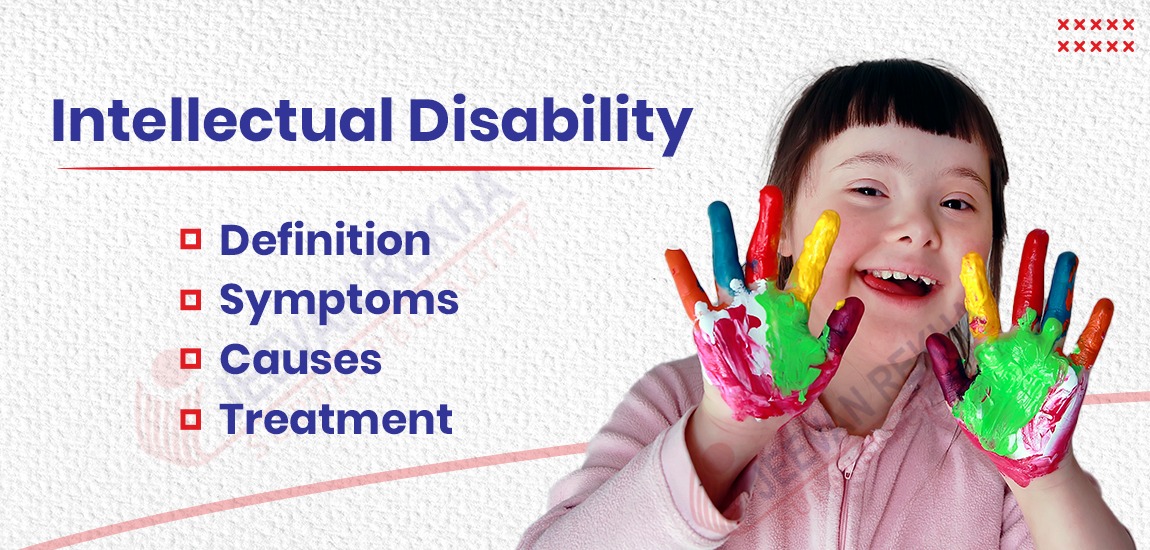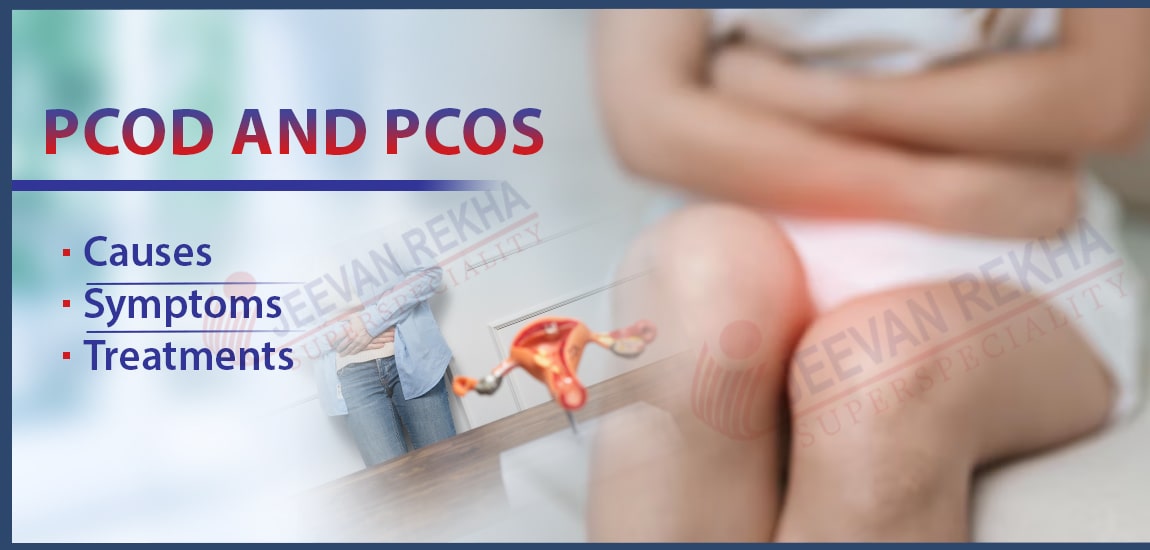
- By JRSH Admin
- In Health and Tips,
- Posted May 13, 2021
Everything You Need to know about COVID-19 Antibody Tests
An antibody is a protein used by the immune system to protect the body from foreign agents like viruses and bacteria. It is said the people can live their life the same as before covid after applying the antibody so we required antibody tests.
Knowingly, the only trustworthy kind of antibody invented yet is the plasma that’s taken from a person who has become successful to defeat Covid-19 with immunity. This is often considered one of the most experimental treatments of all time.
However, there is no such proof that plasma works on covid patients or not. The study and research are still ongoing on how convalescent plasma can help an infected person.
In other words, researchers have already found some observations that the plasma may help an infected person to recover faster. This is why experts and doctors are suggesting the people who have defeated Covid-19 donate their plasma for other covid patients.
What is an Antibody Test?
The Antibody test is also known as Serology. The Antibody or Serology Test is a blood test that looks for any signs of a previous COVID-19 infection. It detects those antibodies, which are proteins within the blood that fight off infection.
This test is not checking for the virus. Instead, it is used to check whether your immune system, your body’s defense against illness has responded to the infection.
Antibody testing has a lot of promise because it’ll help us to understand the spreading of COVID-19 in our communities. But, antibody testing shouldn’t be based on accurately predicting individual immunity.
This means that even if you receive a positive antibody result, showing that COVID-19 antibodies were detected, you’ll not know with any certainty that you cannot get COVID-19 again.
Everyone should still follow the recommendations on physical distancing and hygiene until our doctors and researchers find a way to fight the disease.
Various Benefits Antibody tests
There are various benefits of antibody test:
- To know your status: Research suggests that several people who are infected with COVID-19 disease may show no or mild signs and symptoms of illness, so antibody tests could be useful in determining if you had it without knowing. Antibody test results could also help to guide the doctors in making clinical decisions about people’s health care.
- To understand disease prevalence: Antibody testing around the world could give doctors a better understanding of how many people have been infected and how deadly the virus is. Scientists can use this information about the virus to predict how COVID-19 might affect us in the future, including why some people are more severely impacted than others.
- To help develop a vaccine: When a vaccine is made, it imitates a certain infection, and once injected into a body, it helps build up the body’s natural defense against the particular infection and creates immunity to the disease. A part of that defense includes the production of antibodies that are made from the vaccine. Testing is required to verify the body’s response to a potential vaccine.
- For convalescent plasma therapy: A Convalescent plasma therapy is a therapy that uses the blood and antibodies from the recovered COVID-19 patients to help treat others who have COVID-19 at present. Convalescent plasma therapy clinical trials have tested, for example, using the blood of COVID-19 survivors who have a really large presence of antibodies. Testing is required to make this determination and reach the point that plasma can be used to treat the covid patients.
How does COVID-19 antibody testing work?
In the case of Severe acute respiratory syndrome coronavirus 2 (SARS-CoV-2), a detectable antibody level in the blood can be achieved 1-2 weeks of post-infection.
The basic methods of the covid 19 antibody test involve examining the binding of targeted antibodies to specific viral proteins which are called antigens.
You can Read Also: Epilepsy and Seizures: Definition, Causes, Symptoms, Treatment, and Prevention
The techniques that are used for performing coronavirus antibody tests include a lab-based test: enzyme-linked immunosorbent assay (ELISA), chemiluminescent immunoassay, and lateral flow assay.
For the test, doctors collected blood samples that are incubated with the viral antigens on an assay platform. If the antibody against covid 19 is present in the blood, it’ll bind to the viral antigen, and a positive result will be obtained.
The viral antigens used to detect antibodies against covid 19 includes spike protein (a specialized surface protein that binds the host cell and facilitates viral entry), nucleocapsid (an RNA-binding protein used to form the viral capsid), and a receptor-binding domain (a part of spike protein that binds the host receptor for coronavirus namely angiotensin-converting enzyme 2 (ACE2)).
The types of antibodies detected via antibody tests include IgM (It is the primary antibody to be produced upon infection), IgG (It is the most abundant antibody within the blood), and IgA (It protects mucosa). The whole antibody level can also be measured.
How accurate are these types of tests?
Various companies are trying to test and make their claims about the accuracy of their antibody tests. Many say it’s up to 100% accurate, some say 99% but the result is not sure.
Accurate testing allows the identification of individuals who might need treatment, or who need to isolate themselves to prevent the spread of coronavirus. Failure to detect people with COVID-19 when it’s present (a false negative result) may delay treatment and risk the further spread of infection to others.
Wrong identification of COVID-19, when the virus is not present (a false-positive result) may cause unnecessary further testing, treatment, and isolation of the person and close contacts.
Correct identification of people who previously had COVID-19 is vital in measuring disease spread, assessing the success of public health interventions (for example isolation is one of the best options to prevent the spreading of virus), and potentially in identifying individuals with immunity.
To determine negative and positive results, antibody test results are compared in most people known to possess COVID-19 and are known not to have COVID-19. Based on the study participants are classified on whether they have or not to have COVID-19 based on criteria called the ‘reference standard’.
Many use samples were taken from the nose and throat to identify people with COVID-19. Then the samples undergo a test called reverse transcriptase-polymerase chain reaction (RT-PCR).
This is the first testing process and it can sometimes miss infection (false-negative result), but then the additional tests can identify COVID-19 infection in people with a negative RT-PCR result.
The tests include measuring various symptoms, like coughing or high temperature, imaging tests such as chest X-rays. Those people who have COVID-19 but the result is negative, then they can sometimes be identified from stored blood samples taken before COVID-19 existed, or from the patients having respiratory symptoms that might be caused by other diseases.
Who can take the Antibody Test?
Antibody tests can not be taken by any person. If anyone thinks that they have any symptoms related to covid 19. First talk to your doctor, who can help you to decide if getting an antibody test is appropriate for you or not.
Doctors recommend an antibody test if a person develops any symptoms according to COVID-19, but if your viral test is negative, or if you had symptoms of COVID-19 earlier but didn’t get tested for it then you should go for the antibody test.
And If your antibody test is positive, you would possibly be able to participate in research studies working to know the effects of the coronavirus on people’s health. Also, if you have the antibodies in your blood, you might be ready to donate your plasma to help other extremely sick people with COVID-19.
When People may have an antibody test
You can not do these tests at your home or anywhere. But nowadays they’re becoming more widely available in many areas.
The FDA has issued some emergency use rulings for several antibody tests so that people can get them before they need full FDA approval. The right way is to ask your doctor or local hospital how and when to get an antibody test.
Conclusion:
The main role for serological tests or antibody test in the COVID-19 pandemic situation has generated very considerable recent interest across many sectors worldwide, inter alia pathologists seeking additional weapons for their armory of diagnostic tests, research scientists seeking tools to study the explanation of COVID-19 disease, epidemiologists seeking tools to achieve seroprevalence data that will inform improved models of the spread of disease, vaccine developers seeking tools to assess vaccine efficacy in clinical trials, and corporations and governments seeking tools to help return-to-work decision-making.
In this article, we explained all about antibody tests and their effects, so that people wi understand the value of antibody tests and if you are eligible to donate your plasma, then go for it because someone is waiting for your plasma for their lives.
If you want to save someone’s life then donate your plasma if you have enough antibodies in your blood. Antibodies proved as a lifesaver in this pandemic. Most of the people have recovered by the plasma given by the recovered covid 19 patients.
Tags
Blog Search
Latest Posts
-
Ear Infections (Otitis Media): Top Triggers & How to Avoid Them?
April 11, 2025 -
Implantation Bleeding Vs Periods: Know the Difference
March 12, 2025 -
5 Tips for a Happy and Healthy Summer
February 27, 2025 -
Body Ache (Pain): Causes, Symptoms and Treatment Options
February 10, 2025 -
Fatigue and Exhaustion: Causes, Symptoms, and Treatment
January 08, 2025




